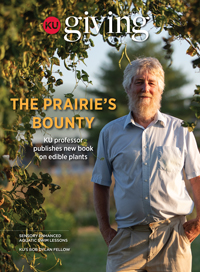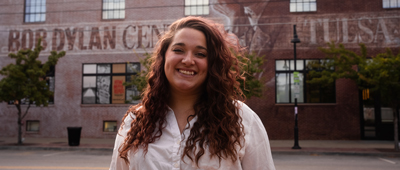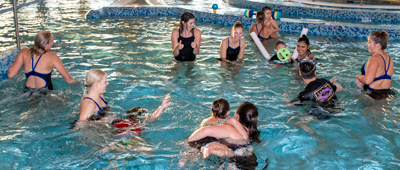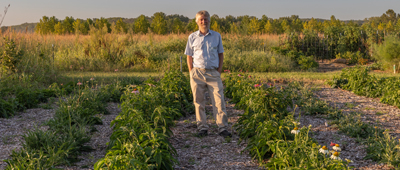KU Giving Magazine
A Fruitful Investment
Dale Seuferling
THE FIRST LETTER, IN 2002, CAME OUT OF THE BLUE. I could tell the author had spent considerable time and care to draft it, and he mentioned an interesting offer — a $1 million gift to further research into the Paleoamericans, the first inhabitants of the Central Plains and western Midwest.
It was the first time I had ever heard of the author, Joseph L. Cramer, a Colorado-based geologist with no formal affiliation to the University of Kansas. He wrote that “it is well known that research for identification of the first Americans constitutes the great mystery of the New World."
He recognized that KU was in a unique position to conduct this research, as he had followed the work of two outstanding anthropology faculty members: Rolfe Mandel and Jack Hofman. Thanks to his support, the Odyssey Geoarchaeological Research Program was born, and Mandel became its executive director. The program supports research, and undergraduate and graduate students involved in summer field investigations.
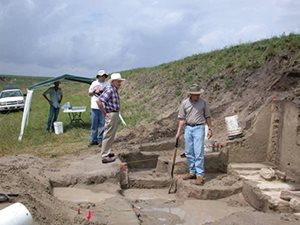
HANDS-ON-RESEARCH: Joe Cramer (center) and Rolfe Mandel (right), executive director of the Odyssey program, survey a dig site in Kanorado, Kan., in 2003.
Over the years, Cramer maintained his involvement with the Odyssey program, and even went on some digs with KU faculty and students. The earliest humans came to the High Plains hunting for camels, bison and mammoths that were abundant in this area. At a dig site in west central Kansas, Mandel’s team discovered a 15,500-year-old mammoth with prehistoric human artifacts scattered nearby. This suggests that humans hunted there about 2,000 years earlier than previously thought, a potentially significant discovery.
Among other locations, Mandel and his team also have been excavating at a site near Kanorado, Kan., close to the Colorado border, where they discovered artifacts from the Clovis culture (about 13,000 years ago) and Folsom culture (about 12,300 years ago). “This endowment allows us to go back and explore sites every year, where we have made numerous discoveries,” Mandel said.
You can read more about the program and additional gifts made by Joe Cramer and his wife, Ruth, in the story titled “Discovering our Origins” in this issue. Joe died in 2013 and Ruth in 2018, leaving an even larger legacy gift as part of their estate.
The ability to conduct research is an essential component of a comprehensive university like KU. It’s the pillar of building new knowledge through discovery. And it offers graduate students the opportunity to get practical experience.
Joe Cramer knew that the seeds he planted at KU would someday produce extraordinary findings. After all, to solve a great mystery, it takes a tremendous amount of patience, persistence and talent — three qualities that abound at KU.
—Dale
